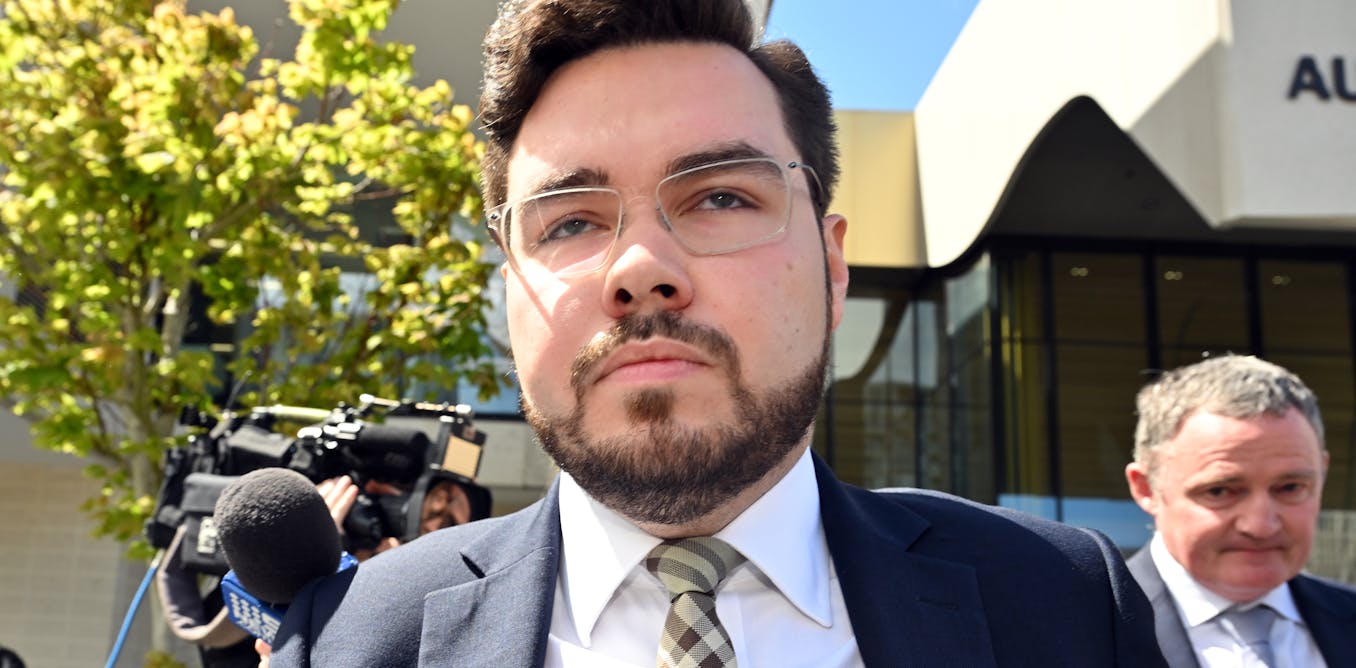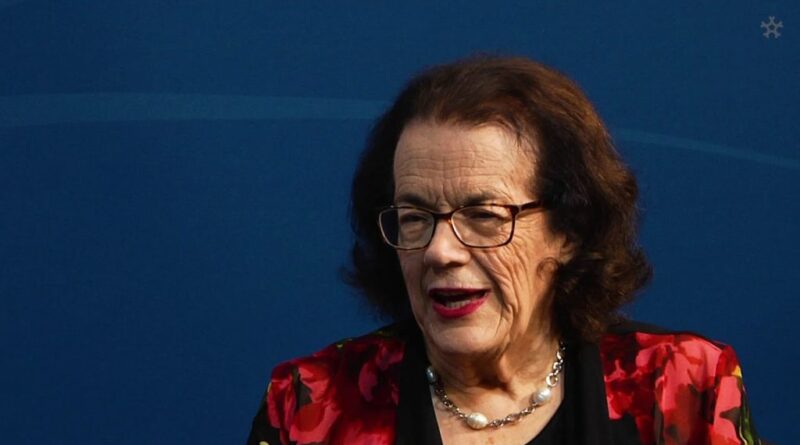Lehrmann retrial abandoned because of ‘a significant and unacceptable risk’ to Brittany Higgins’ life

The plan for a second trial of Bruce Lehrmann has been dropped after expert medical advice warned it posed a “significant and unacceptable risk” to Brittany Higgins’ life.
The ACT Director of Public Prosecutions, Shane Drumgold, announced the decision in a statement at 10am Friday. He also condemned in the strongest terms the attacks Higgins has had to endure.
She is currently in hospital.
Higgins, a former Liberal staffer, alleged Lehrmann, then a fellow staffer, raped her in the office of then defence industry minister Linda Reynolds in 2019. The pair had returned to the parliament house office after a night out drinking. Lehrmann denied the allegation.
The latest development follows the abandonment of an earlier trial after it was found a juror had done their own research, against the explicit and repeated instructions of the judge. Another trial had been due to start early in the new year.
Drumgold said in his statement there were two considerations under ACT policy in deciding whether to continue a prosecution: whether there was a reasonable prospect of a conviction and, if so, if it were in the public interest to proceed.
In June he had “formed a clear view that there was a reasonable prospect of conviction and this is a view that I still hold to date”, he said.
But under the public interest test he had to consider “the harm that could be occasioned to a party, particularly a complainant, from an ongoing prosecution”.
He had now received “compelling evidence from two independent medical experts that the ongoing trauma associated with this prosecution presents a significant and unacceptable risk to the life” of Higgins.
“The evidence makes it clear that this is not limited to the harm of giving evidence in a witness box, rather [it] applies whether or not the complainant is required to enter a witness box during a retrial.
“Whilst the pursuit of justice is essential for both my office and for the community in general, the safety of a complainant in a sexual assault matter must be paramount,” Drumgold said.
“In light of the compelling independent medical opinion and balancing all factors, I have made the difficult decision that it is no longer in the public interest to pursue a prosecution at the risk of the complainant’s life.”
This had left him with no option but not to proceed with a retrial.
Drumgold also delivered an exceptionally strong condemnation of the treatment to which Higgins had been subjected.
“During the investigation and trial as a sexual assault complainant, Ms Higgins has faced a level of personal attack that I have not seen in over 20 years of doing this work.
“She has done so with bravery, grace and dignity and it is my hope that this will now stop and Ms Higgins will be allowed to heal.”

